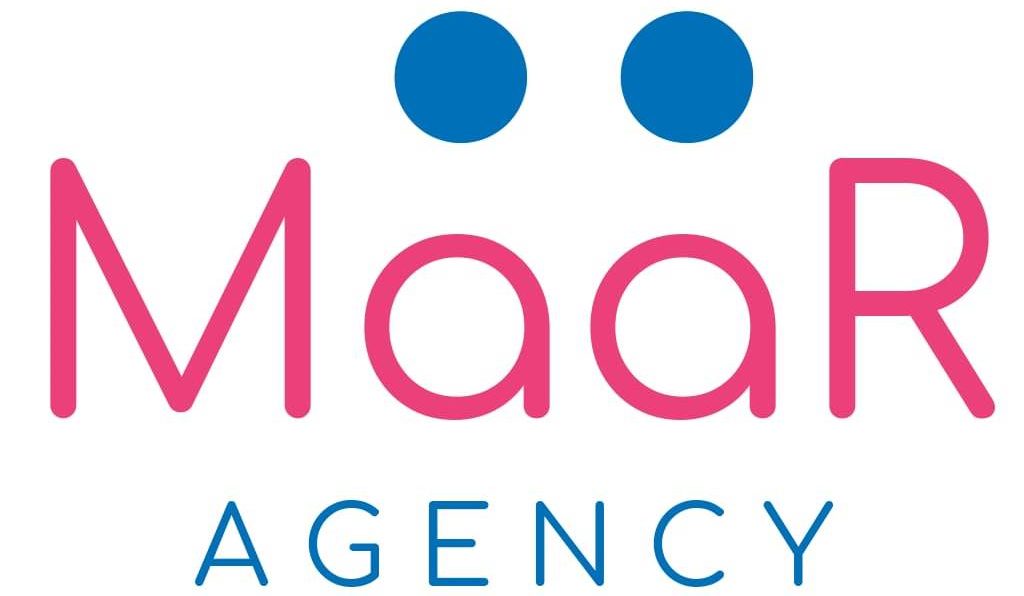A mortgage loan, also known as a home equity loan or simply a mortgage, is a type of loan where a property is used as collateral.

More profitable investments through financial leverage.
Financial leverage consists of requesting financing to increase the amount of the investment. It is the relationship between own capital invested and the total amount of the real estate acquisition.
Mortgages are used by property buyers to finance the purchase of the property or in some cases, where the property is free of charges, it is used by the owners as collateral to obtain liquidity for any purpose.
In home loans, the money borrowed is “secured” by the borrower’s property. This means that in the event of non-payment, a legal mechanism is activated, which allows the lender to take possession of the collateral and be able to sell it to repay the loan in case the borrower does not pay the loan in another way.
The word mortgage is derived from a “French law” term used by English lawyers in the Middle Ages that means “promise of death”, and refers to the promise to end (death) when either the obligation is fulfilled or the Property is taken through foreclosure.
Mortgage borrowers can be individuals mortgaging your home, or they can be companies mortgaging commercial properties (eg, your own business premises, residential real estate, an investment portfolio). The lender is usually a financial institution, such as a bank, credit union or private equity company, depending on the country in question, and loan agreements can be made either directly or indirectly through intermediaries.
Characteristics of home loans, such as loan amount, loan maturity, interest rate, loan payment method, and other characteristics can vary considerably from one home loan to another.
The rights of the lender who mortgages the property take precedence over other creditors. This means that if the borrower is declared bankrupt or insolvent, the other creditors will only collect the credits that they had outstanding, if the mortgage lender pays the total outstanding debt with the sale of the mortgaged property.
Basic concepts and legal regulation
According to property law, a mortgage occurs when an owner of real estate pledges his interest (right to property) as collateral on a loan. Therefore, a mortgage is a lien (limitation) on the right to the property only as an easement. The word mortgage has become the generic term for a loan secured by such real estate
Most mortgages occur as a condition for granting money through a loan. As with other types of loans, mortgages have an interest rate and are scheduled to pay off over a set period of time, usually 30 years. Most real estate is generally financed at least in part with a mortgage, the interest rate on the mortgage, which is supposed to reflect the risk assumed by the lender.
Mortgage credit is the main mechanism used in many countries to finance private ownership of residential and commercial property (see commercial mortgages). Although the terminology and precise forms differ from country to country, the basic components tend to be similar:
Property – The physical residence that is being financed. The exact form of ownership can vary from country to country, and it can restrict the types of loans that are possible.
Mortgage – The lender’s collateral in the property, which may lead to restrictions on the use or disposal of the property. Restrictions may include requirements to buy home insurance and mortgage insurance, or to pay outstanding debt before selling the property.
Borrower: person who has or is applying for the loan.
Lender: Whoever is granting the money, usually a bank or other financial institution. Lenders can also be private investors who lend money for interest by signing a mortgage as collateral.
Principal: the original amount of the loan, which may or may not include other costs, such as the opening commission.
Interest: it is the financial burden for the use of the money of the lender.
Foreclosure: It is the possibility that the lender has to foreclose, seize or confiscate the property under certain circumstances, this is essentially what differentiates a mortgage loan; Without this aspect, the home loan is not much different from any other type of loan.
Completion: legal completion of the loan, and therefore full payment of the debt plus the mortgage interest.
Amortization: partial or total repayment of the outstanding debt, which can be a “natural amortization” in the monthly amounts of the loan or extraordinary amortization, if you pay off part or all of the loan before maturity.
Mortgage loans are generally structured as long-term loans, the payments are periodic, the installments are calculated annually based on the reference index that is had, normally it is the Euribor.
In the financial sector, lenders provide funds against property to earn interest income, generally these entities borrow the funds at a lower interest (for example, by taking deposits or issuing bonds). The price at which lenders borrow money therefore affects the cost of borrowing.
Another form of financing for lenders, selling the mortgage loans to other entities that are interested in receiving the flow of cash payments from the borrower, through asset securitization.
The granting of the mortgage credit will depend on the risk of the mortgage loan, that is, the probability that the funds will be repaid (generally considered based on the creditworthiness of the borrower); that if they are not paid, the lender will be able to foreclose and recover some or all of its original capital; and risk interests.
